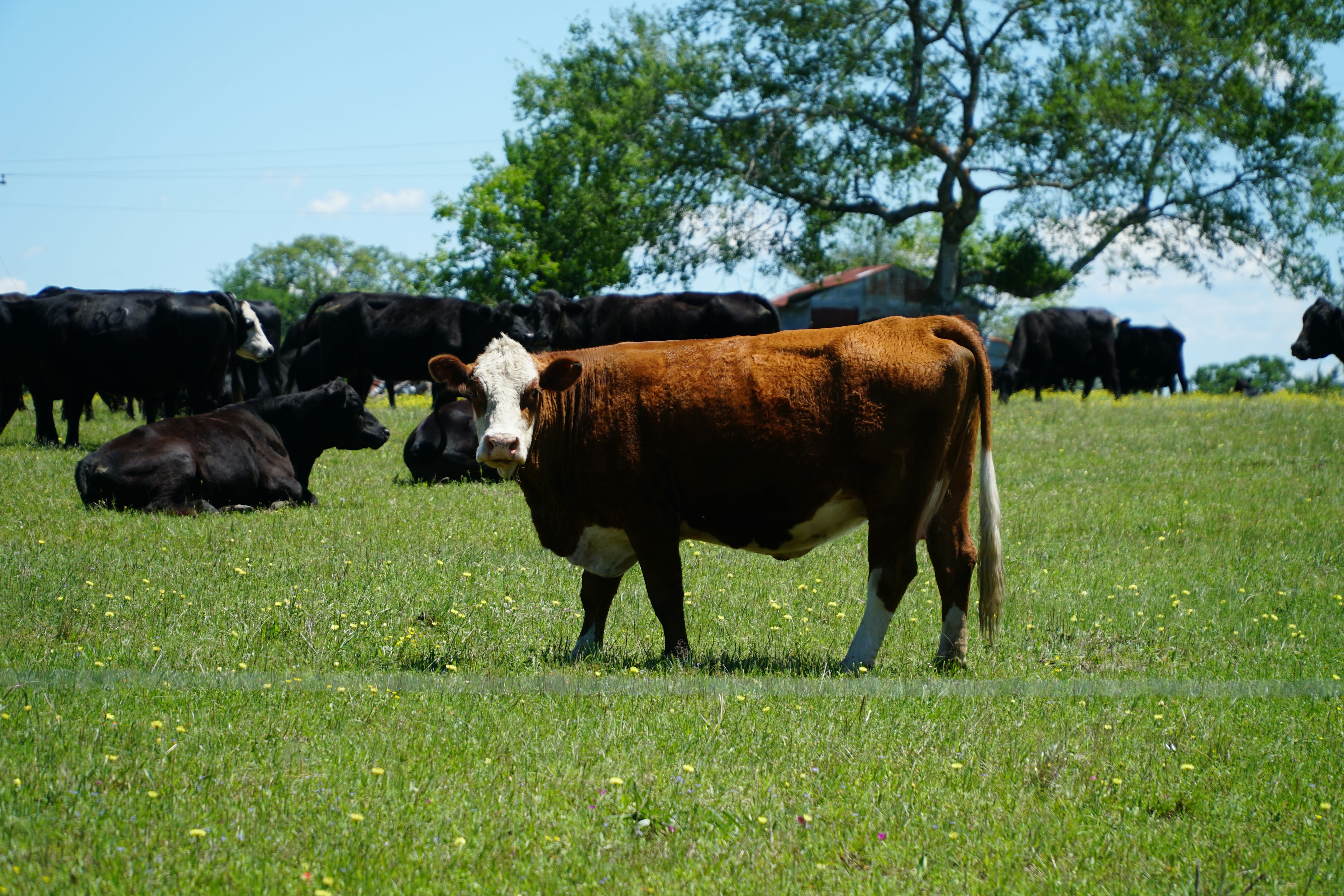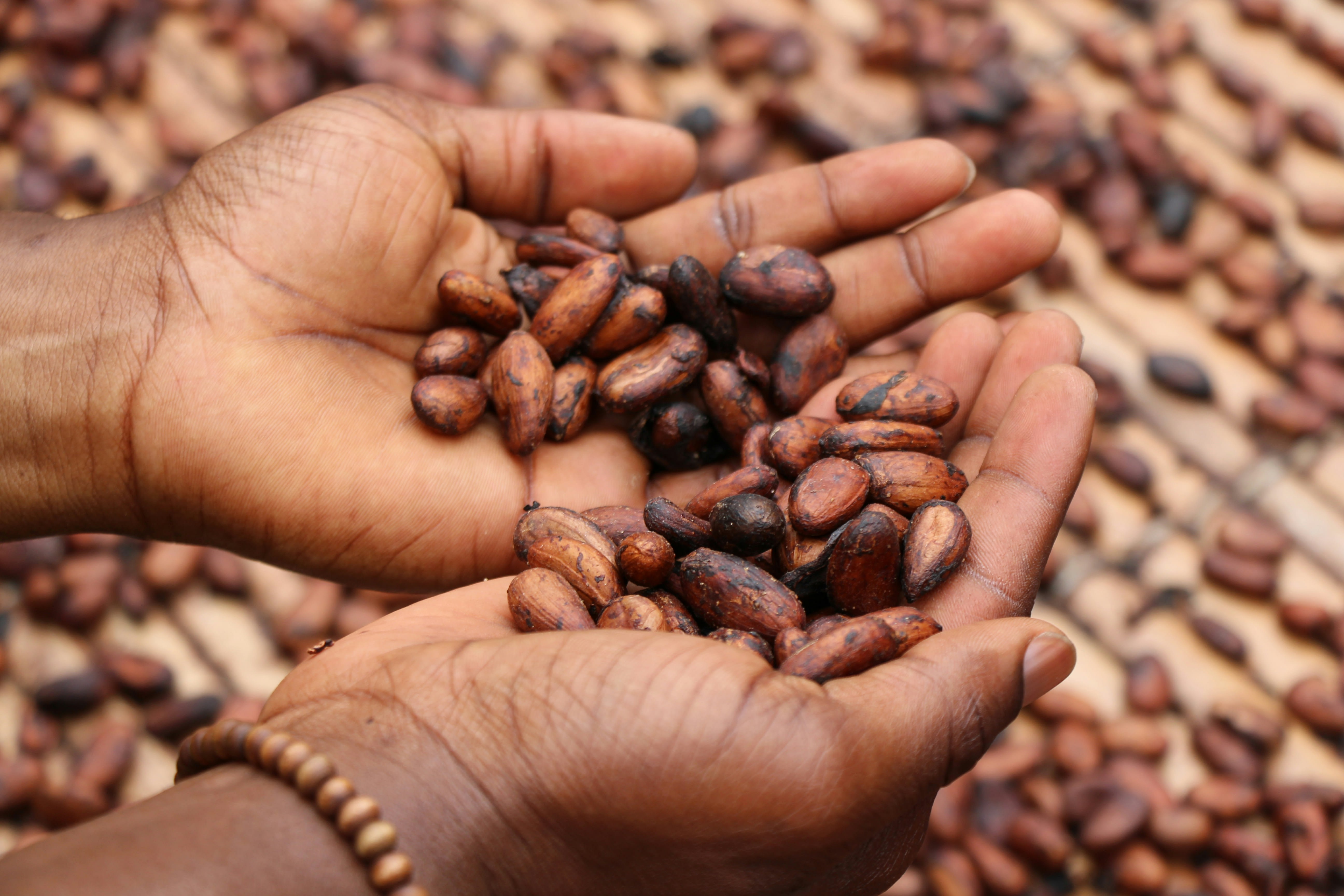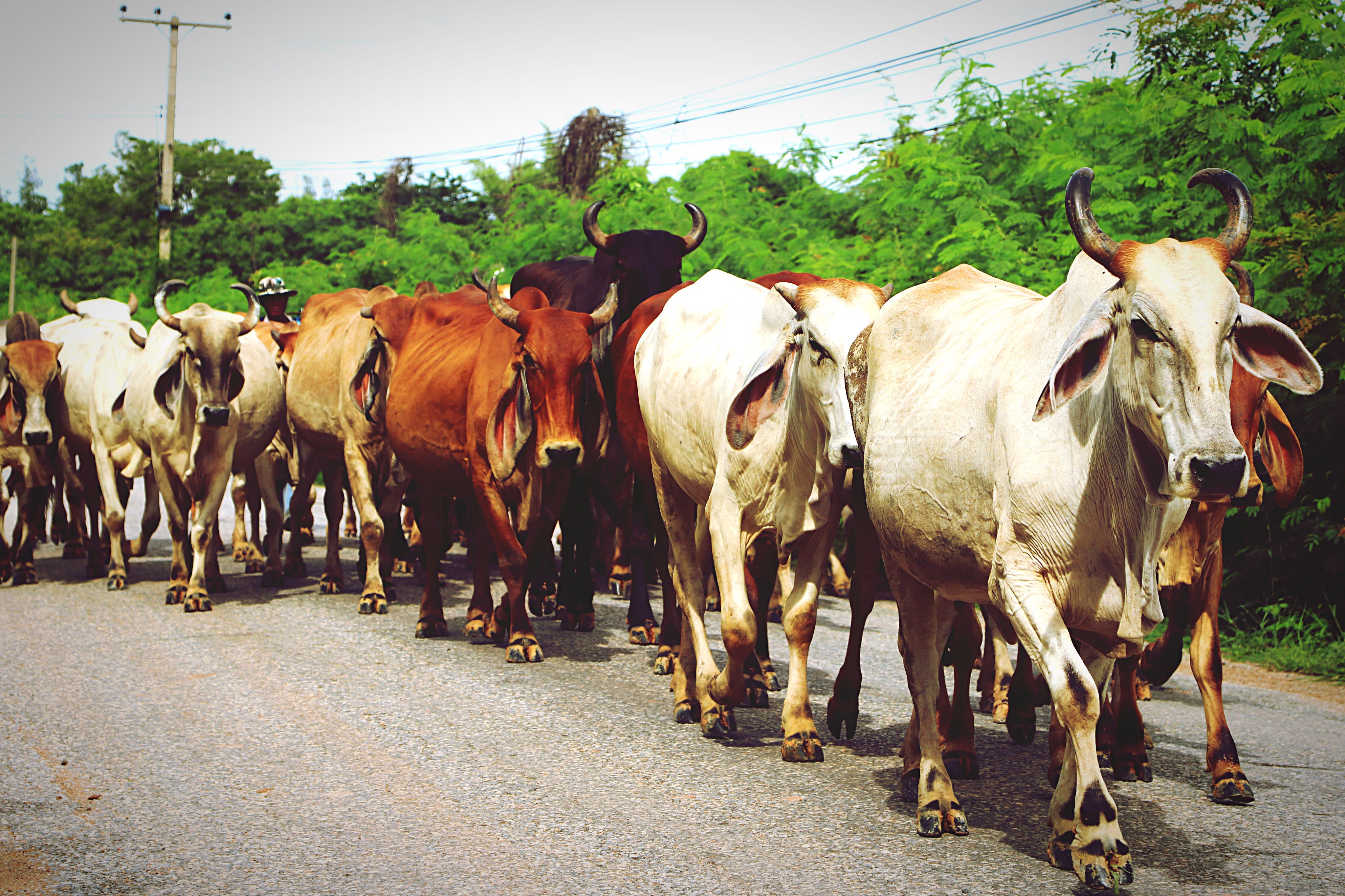Advancing the Dairy Industry in Nigeria
The Nigerian dairy industry, despite its potential, faces significant challenges that hinder its growth and sustainability. Agriculture accounts for 23% of Nigeria's GDP, with livestock contributing around 6%to the agricultural GDP. The country highly relies on dairy imports, spending approximately $1.5 billion annually to meet its dairy needs. This essay is an excerpt from Vestance's study on the current state of Nigeria's dairy sector, the challenges it faces, and potential strategies for improvement.
Current State of Nigeria's Dairy Industry
Nigeria's dairy production is primarily dominated by smallholder farmers, with about 82% of livestock raised in pastoral systems by the nomadic herders. Unfortunately, the productivity of the local cow breeds raised in this condition remains low, with daily milk yields averaging between 0.5 to 2 litres per animal. This contrasts the average yield of 10 litres per day in Kenya, a country with similar cattle numbers. The low milk yield can be attributed to several factors, including the genetic compositions of local breeds, inadequate access to quality feed and water, the high cost of essential dairy inputs such as medications and vaccines, the literacy level of the pastoralists in cattle management practices and limited access to financing. The sector also lacks skilled expertise which worsens the underlying situation, leaving many farmers without the necessary support to improve their practices.
Social and Economic Impact
The implications of low dairy production extend beyond economic concerns as it has a direct impact on the health and well-being of people, especially children. Research shows that milk is a vital source of calcium, essential for bone growth, and its scarcity contributes to nutritional deficiencies among children. However, given the current situation where about 60% of Nigeria’s dairy needs are met through imports, stabilizing domestic production remains a significant hurdle to be addressed. Currently, it is estimated that nearly 2 million children in Nigeria suffer from severe acute malnutrition, partly due to limited consumption of animal-source foods, including dairy products.
Moving forward
Cross-Breeding Initiatives
One of the promising avenues for boosting milk production is through cross-breeding indigenous cattle with high-yielding dairy breeds. Breeding programs aimed at combining the hardiness of local cattle with the productivity of foreign breeds will significantly enhance milk yields. FrieslandCampina WAMCO successfully facilitated the crossbreeding of Girolando calves in various states, likewise, Saj Foods Limited in Zaria inseminated about 562 cows of dairy households in their supply chain network, with more than a 15% success rate -crossbreeds. This showcases the potential of promoting such initiatives in the country.
Training Programmes
Also, farmers should be educated on modern dairy farming techniques via organizing training programs that focus on feeding, breeding, animal health, and milk handling. This is because, the overall dairy productivity can be boosted through improving feed, nutrition, and veterinary services. enhance productivity. A balanced diet and regular veterinary care will help to maintain cow health and optimize milk production. The Federal Ministry of Agriculture and Food Security must intensify efforts to develop cost-effective alternative feeding materials to support farmers.
Milk Bulking and Collection Support
Establishing efficient milk collection centres is vital for bridging the gap between small-scale dairy farmers and processors. These centres can facilitate the bulk collection, quality testing, and cooling of milk, ensuring that farmers deliver their products to the market with minimal quality losses and increasing farmer’s income. To achieve this, governments, NGOs and private companies must collaborate to support farmers and expand their investments in the dairy sector. By creating an enabling environment for private investment, Nigeria can enhance its dairy value chain and improve overall productivity.
Learning from our Peers
Despite having a similar number of cattle and dairy production systems dominated by pastoralists, Kenya's milk production significantly surpasses that of Nigeria. Kenya has successfully transformed its dairy sector through robust breeding programs, improved feeding programs and significant investment in processing facilities. By adopting similar strategies, Nigeria can work towards building a sustainable and self-sufficient dairy industry.
Conclusion
The Nigerian dairy industry holds immense potential for growth and sustainability. By addressing the challenges of low productivity, inadequate infrastructure, and limited access to resources, stakeholders can harness the full potential of the sector. With strategic interventions, capacity building, and collaboration between various stakeholders, Nigeria can enhance its dairy production, improve food security, and reduce reliance on imports. The time to act is now, and the future of Nigeria's dairy industry depends on the collective efforts of all involved.
This article is an excerpt from Vestance Research on Advancing Dairy Development in Nigeria



